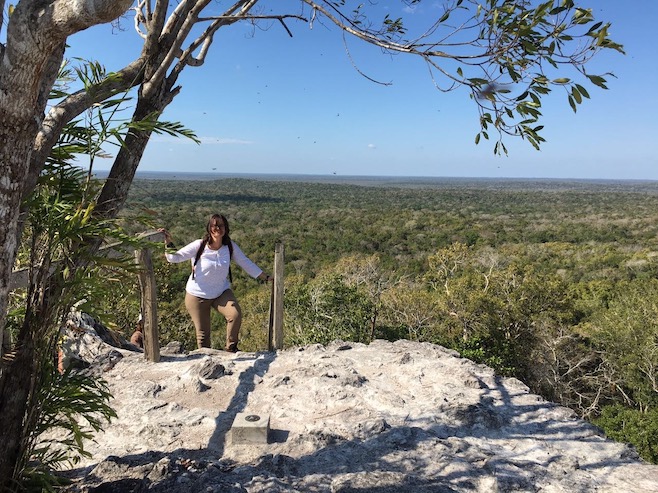
On The Social Life of TBI
A Traumatic Brain Injury (TBI) is a common injury that occurs when a physical blow or force to the head damages the brain inside the skull—full stop. As such, TBI is a natural part of life in a world in which it is possible (and easy) to hit one’s head. It is often fatal, one of the leading “causes of death and disability” in the US (CDC 2015). This straightforward conception is codified in biomedical publication and practice, enshrined in the federal TBI Act of 1996 and national disability policy, and has even made brief appearances in popular film and public debate about the health risks of contact sports. This bio-political consensus is thus clear and plain: “TBI” indicates a singular event and its direct and natural bodily consequences. (read more...)







